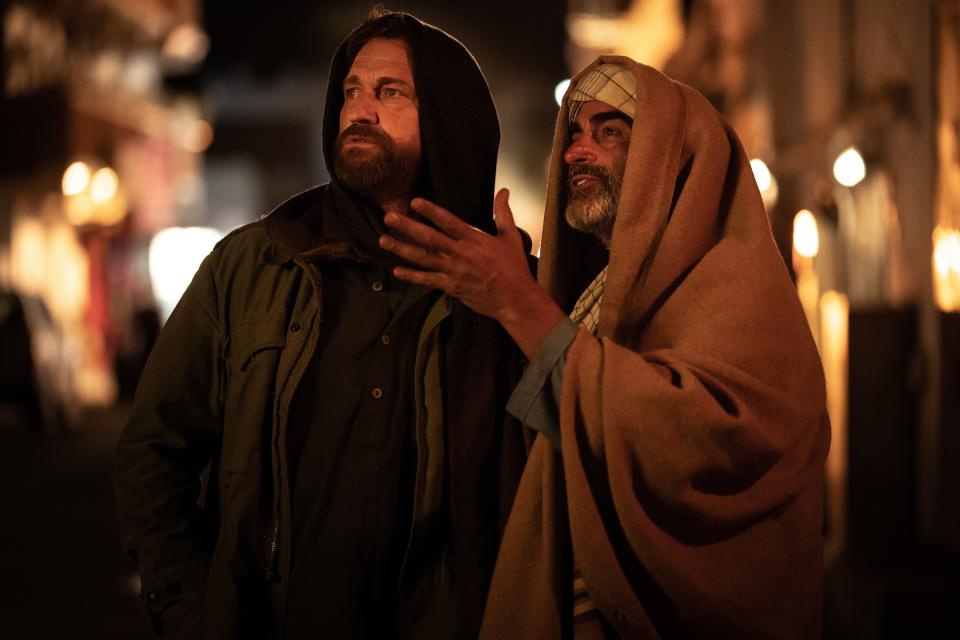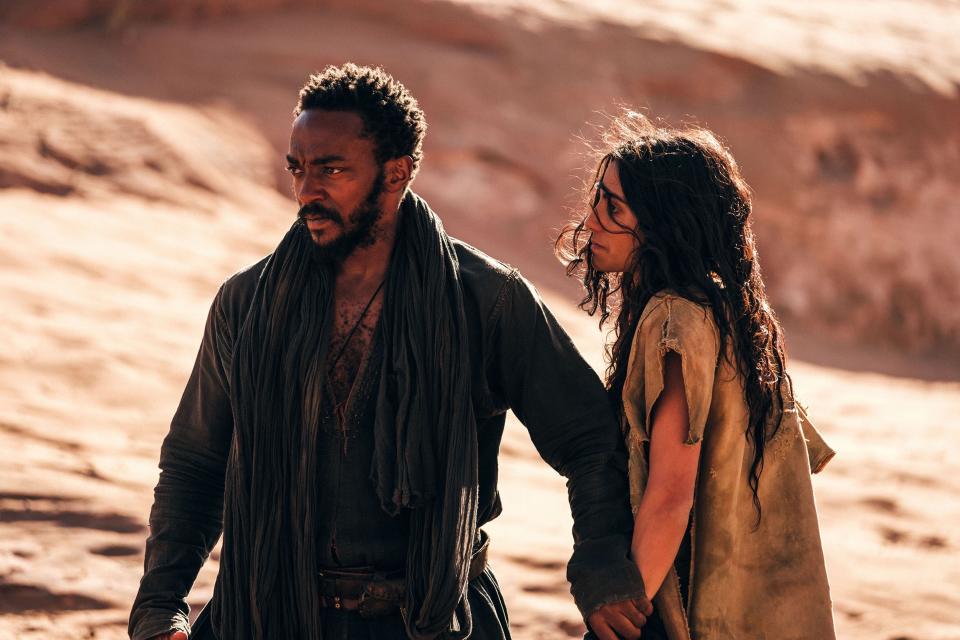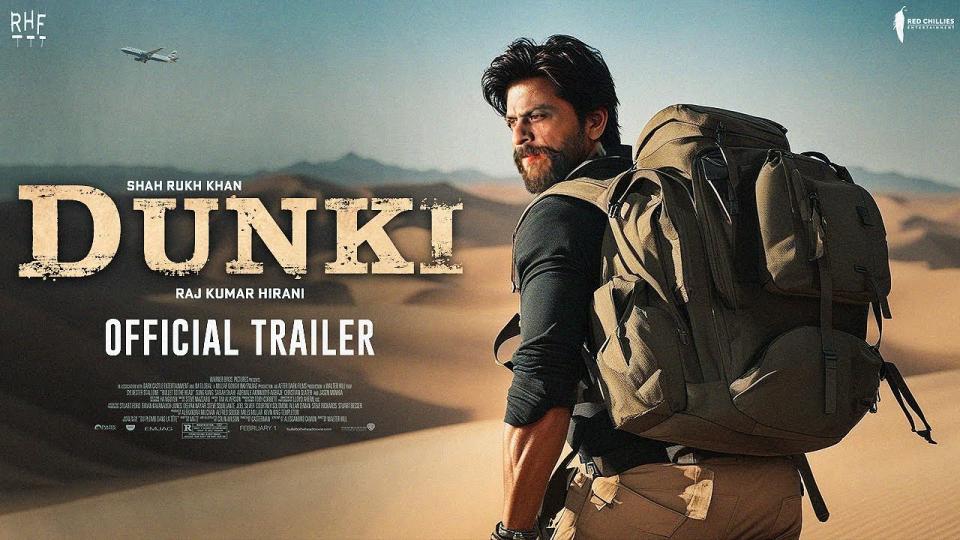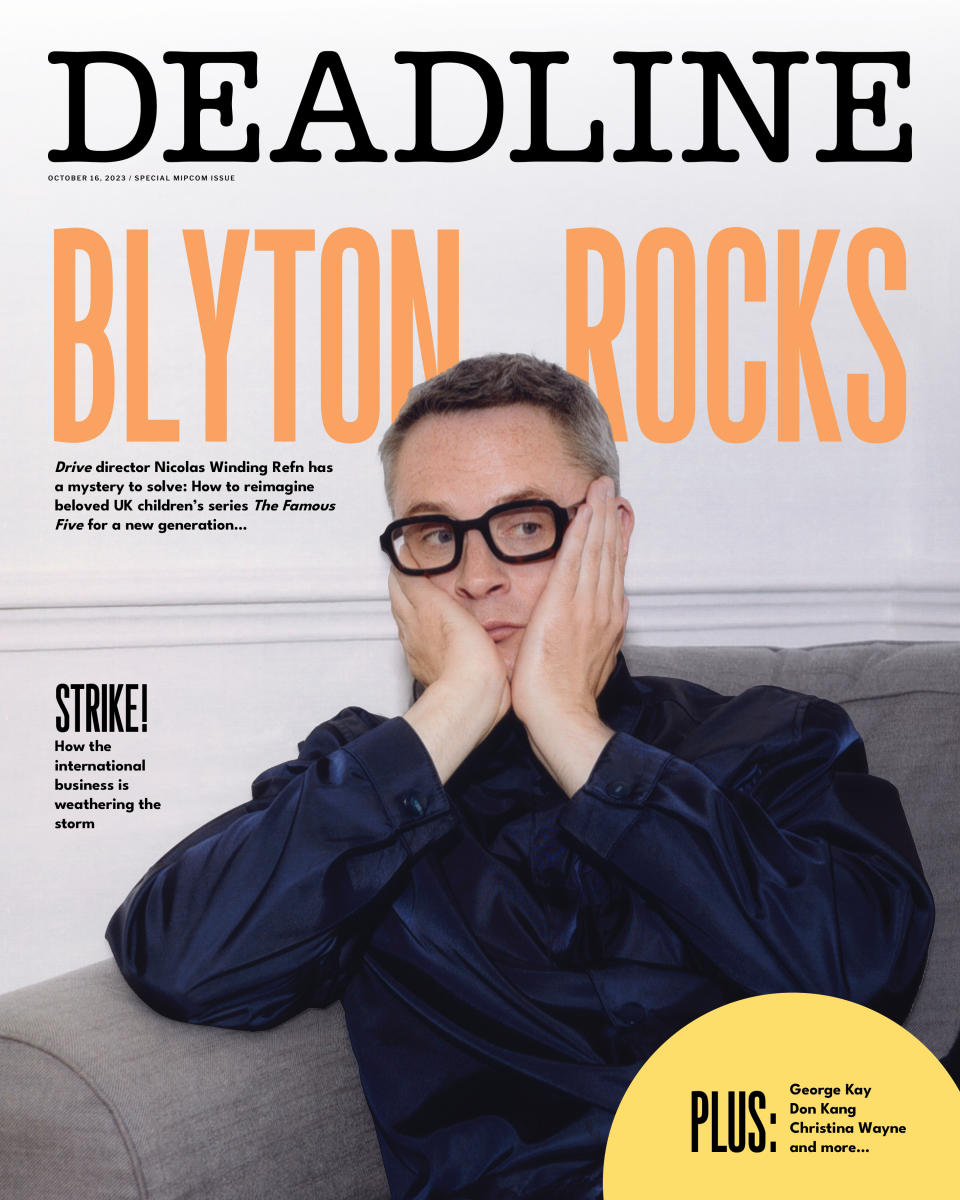Wayne Enterprises: MBC Studios Chief Christina Wayne Talks Amplifying Female Voices, Altering Long-Held Perceptions & Entering The “Growth & Maturation Phase” – Mipcom Cannes Special
- Oops!Something went wrong.Please try again later.
- Oops!Something went wrong.Please try again later.

In a country where women’s freedoms have historically been marginalized (a nationwide ban on female drivers was only lifted five years ago), new MBC Studios boss Christina Wayne is determined to seek out the strongest female creative voices Saudi Arabia has to offer.
In her first major interview since replacing Peter Smith in February, American producer Wayne, who shepherded Mad Men and Breaking Bad for AMC Networks, tells Deadline how the Riyadh-based media giant is encouraging work from “across all genders” but lasering in on new female talent.
More from Deadline
International Insider: Conflict Week Two; Big Questions At Mipcom; Saudi Setback
Roku Greenlights Second Seasons Of 'Reptile Royalty', 'UFO Cowboys' & 'Lincoln Log Masters'
“We have lots of amazing female writers and directors in the region who are bringing us fabulous stories,” she says. “There are book series here with fanbases that are young and female, and they are surprisingly interested in fantasy and sci-fi.”
Despite being criticized for a litany of human rights abuses and ‘sportswashing’ claims, Crown Prince Mohammed bin Salman has spearheaded opportunities and greater freedoms for women in Saudi Arabia since 2017 when major reforms began taking place as part of his Vision 2030 agenda. That year, the country lifted its 35-year ban on cinema and has since sought to position itself as a major regional TV and film hub with the burgeoning Red Sea Film Festival in Jeddah and the much-publicized location hot spots of Neom and Film AlUla. Indeed, Hollywood bigwigs have become increasingly intrigued by what the nation has to offer in terms of talent, locations and that generous 40% tax rebate.

Women have since taken active creative and executive roles in a territory that, until very recently, would not let them drive or file for divorce. Western involvement is becoming more prevalent, and the country’s filmmakers are beginning to be recognized on the international stage.
Katie Holmes is even mentoring three female filmmakers through a Film AlUla Creates program, which was unveiled at the Cannes Film Festival this year.
Wayne doesn’t directly address the role LGBTQIA+ stories can play in a nation where homosexuality remains illegal but instead says the focus is on “telling stories that are culturally relevant to the area, and that are going to resonate with the audience.”
“We are looking at diverse points of view in all the ways we tell our stories. Our teams look at books, formats, IP and everything that is out there in the world, just like any other studio, and then bring ideas to our buyers [the MBC networks and streaming service Shahid].”
Taking MBC to the next level
Wayne’s role is intriguing. She’s the head of a major studio organization attached to the Gulf region’s biggest television network, MBC, in a country desiring to be the region’s content powerhouse after decades spent refusing to play the game.
Just over five years ago, MBC Studios was launched as bin Salman’s reforms got underway. Led by the new Crown Prince (who is now also Prime Minister), embracing entertainment seemed a sure-fire way to change the image of the country and attract investment, so MBC made a leap into the high-end TV and film world.
The group, led by long-serving Brit CEO Sam Barnett, hired ex-NBCUniversal International and Antenna Group content chief Peter Smith — who was Wayne’s boss at Cineflix Studios during the 2010s — to head up a new studio operation. He focused on setting up the structure for the business, leading to the likes of big-budget fantasy series Rise of the Witches, The Devil’s Promise from British producer Tony Jordan and mega-budget Anthony Mackie-starrer Desert Warrior, which filmed in Neom.

Notably, MBC moved its headquarters from Dubai to the Saudi capital of Riyadh last year as the latest step in its multimillion-dollar strategy, a move signaling that huge investment in high-end production was here to stay. MBC had originally launched in London as a dongle satellite channel and today runs more than 20 linear channels, production operations and a training facility that’s educated more than 18,000 people.
Now, MBC Studios is an established player regionally and is the beating content-creation heart of MBC’s linear networks and Shahid, which is available across the region and in countries such as the U.S., UK and Australia. As a result, it presents a new and unique challenge for Wayne, a Hollywood seasoned industry exec who played a significant role in developing big hits while at AMC Networks.
Having begun her career under the tutelage of Chinatown producer Robert Evans, Wayne wrote and directed films in the U.S. and later joined AMC, where she produced the ratings-spinning miniseries Broken Trail and developed several of its most popular titles. She later ran Cineflix Studios, which made BBC America drama Copper and then moved into indie production at Assembly Entertainment, which made the likes of Showtime’s underrated LA stand-up drama I’m Dying Up Here.
More recently, she had a spell as Amazon Studios Head of Canadian and Australian Originals but left last year after helming a local remake of unscripted format LOL and dramas such as Three Pines, starring Alfred Molina. She has now relocated from North America to Riyadh and is learning a new culture on the job — albeit most things still feel somewhat familiar.
“Saudi was a territory I’d done some work in while at Amazon, so it piqued my interest when MBC reached out to me,” she recalls. “Pete had set up all the different departments, developed a strong slate and launched some shows. That was the start-up phase and now it’s really the growth and maturation phase.”
Though she’s still broadly overseeing Smith’s slate while new ideas are drummed up, Wayne says operationally her new company “works pretty much like any studio I’ve worked at — the relationship between MBC and MBC Studios is the same as the relationship of Prime Video and Amazon Studios. They tell us their mandate, the genres they want and the demographics they have and we look to fulfil that.”

This manifests in stories designed specifically for the Saudi audience and others that attract viewers from the wider Middle East and North Africa region. Most production is in Arabic, though there is a small focus on English-language projects that “are still told from the region through authentic points of view.”
International business and co-productions are ramping up. Wayne says she had an “A-list, top-tier producer who had a big blockbuster hit this summer pitch to us in the past few weeks,” though she declines to reveal their identity.
Indeed, U.S. stars, directors and studios have flocked to shoot in the country as more and more investment has rolled in, drawing comparisons with the sport sector, which has had a similar boost. Just this year at the Cannes Film Festival came the announcement of a pair of state-backed film funds worth a total of $180 million that are aimed at local talent and attracting more international projects.

Neom, the northern Saudi area being built to be an industrial powerhouse and futuristic urban metropolis, has attracted numerous projects such as Tomb Raider director Simon West’s upcoming epic film Antara and Shah Ruhk Khan’s Bollywood feature Dunki. Gerard Butler-starring Kandahar, meanwhile, was filmed in AlUla.
Still, MBC Studios has rules of engagement. “The stuff we get involved with has to have an authentic local lead voice and that does limit some of the things we can we do, but people are open-minded and welcoming of Arab lead characters and storytelling,” says Wayne. “Then we can get writers and directors who can make that authentic, so it’s not a Western writer or director who is telling that story.”
Wayne says that to the U.S. labor strikes had an impact on a “smaller number of global projects in English that have WGA deals.”
“We couldn’t work on them,” she says. “Most of our projects are set within the region so are not affected as they use local writers and directors, but even when you tried to work with people from overseas, say in the UK, they were reluctant to work, even if they’re not WGA. When we worked on a WGA project, we adhered to the strike.”
Best of Deadline
SAG-AFTRA Interim Agreements: Full List Of Movies And TV Series
2023 Premiere Dates For New & Returning Series On Broadcast, Cable & Streaming
Sign up for Deadline's Newsletter. For the latest news, follow us on Facebook, Twitter, and Instagram.

